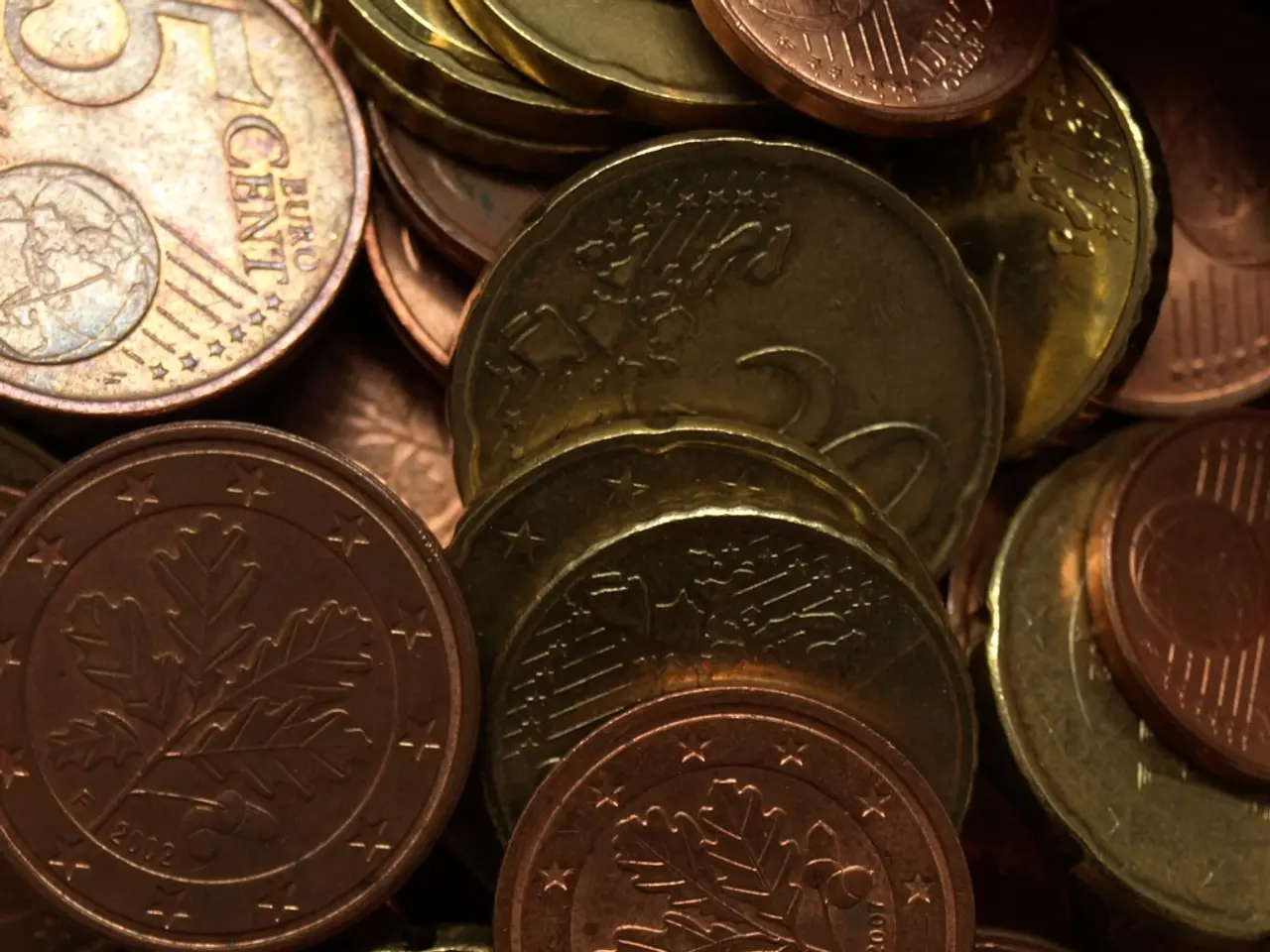International Monetary Fund halted Pakistan's plans for Bitcoin mining
In a bid to reshape its energy sector and boost economic growth, the Pakistani government is in negotiations with the International Monetary Fund (IMF) over plans that could potentially include Bitcoin mining. This move, if successful, could make Pakistan another positive example of integrating Bitcoin mining into local power grids, following in the footsteps of regions like Texas and Bhutan.
At the heart of these discussions is the establishment of the Pakistan Crypto Council (PCC) and the Pakistan Digital Assets Authority (PDAA), which aim to regulate and promote the use of cryptocurrencies in the country. The government is also seeking strategic advice from Changpeng Zhao, CEO of Binance, through the PCC, alongside Finance Minister Muhammad Aurangzeb and CEO Bilal Bin Saqib.
Former Binance CEO Zhao has been appointed as a strategic advisor by the Pakistani government, bringing valuable insights from his experience in the crypto industry. His expertise could prove crucial in the government's aim to establish Pakistan as a hub for cryptocurrencies in South Asia.
Stefan, a trained media scientist and sinologist, working independently in the artistic-publizistic field, is particularly interested in the social and ecological aspects of Bitcoin and Bitcoin mining. He believes that Bitcoin mining in Pakistan could be used specifically to support renewable energies, monetizing unused power and increasing profitability in the energy supply.
Bitcoin mining facilities are mobile and modular, making them adaptable to various locations. Their flexible consumption patterns can contribute to stabilizing grids, particularly in power systems with a high share of renewable energies. This could be particularly beneficial for Pakistan, which aims to make 2,000 megawatts of surplus power available at a cost of approximately 0.08 USD/kWh for energy-intensive industries like Bitcoin mining.
However, the IMF opposes targeted support for energy-intensive sectors through subsidized electricity tariffs, suggesting that basic prerequisites such as a stable power supply need to be established before reaping the benefits of energy-intensive industries. The IMF also expresses concerns that subsidies could further destabilize the energy sector and cause market distortions.
As a result, Pakistan is in dialogue with the IMF, the World Bank, and other partners to work out possible adjustments to the Bitcoin mining plan. Despite these challenges, the potential benefits of Bitcoin mining for Pakistan's energy sector and economy are undeniable, making this a development worth watching in the coming months.
Read also:
- Web3 gaming platform, Pixelverse, debuts on Base and Farcaster networks
- Goodyear in 2025: Advancement in Total Mobility through the Launch of Kmax Gen-3 by Goodyear
- Electric SUV Showdown: Vinfast VF6 or MG Windsor EV - Your Choice Revealed
- United States Secures $632 Million to Fuel Electric Vehicle Revolution







